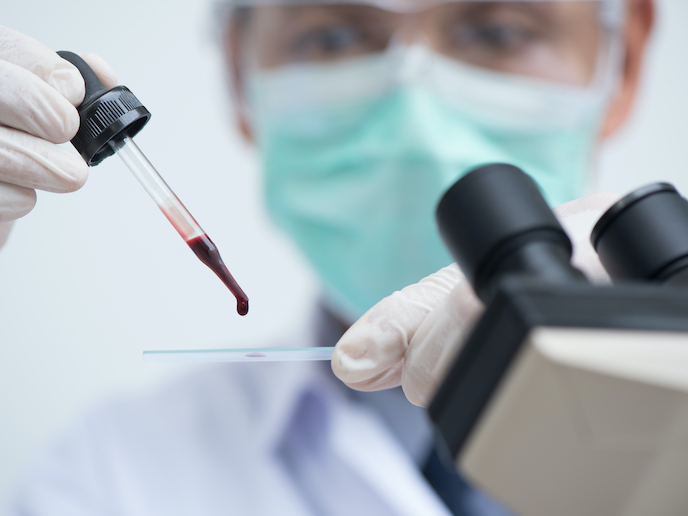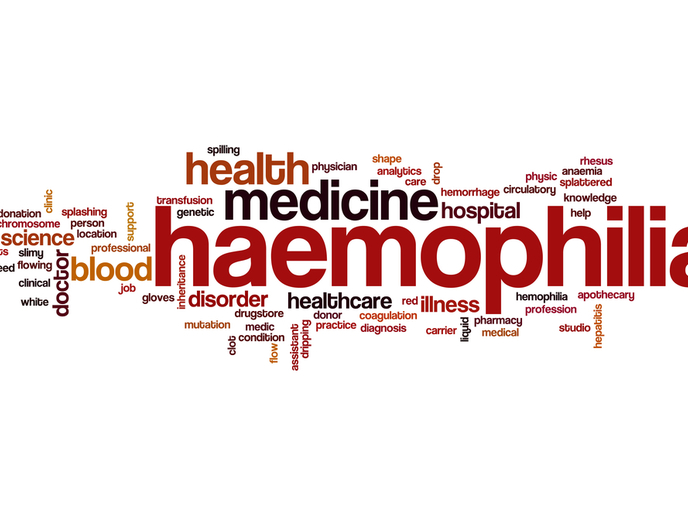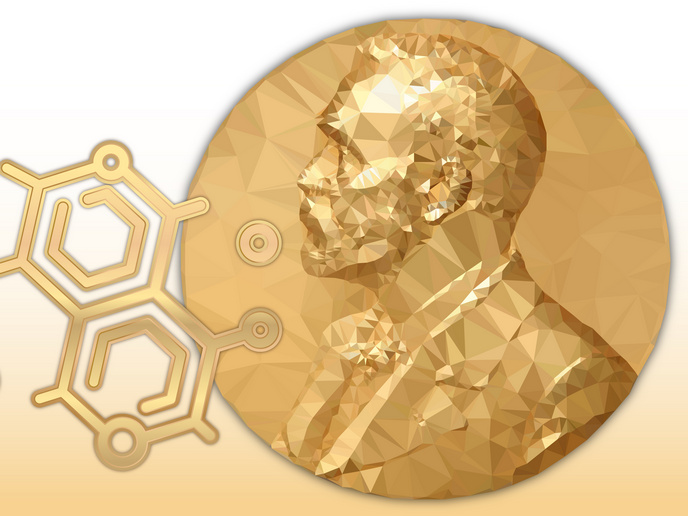Discovering new treatments in 10 000 drops of blood
Neurodegenerative diseases such as amyotrophic lateral sclerosis (ALS) affect more than 40 million people worldwide. Yet the causes of these diseases are not well understood, and effective treatments remain elusive. Human-derived antibodies hold great potential to combat these debilitating conditions. The EU-funded HominAb project focuses on the discovery of new, extremely rare antibodies found using high-throughput screening of blood samples collected from thousands of patients. Technology was developed by Swiss biotech company Mabylon, which hosted the project. They developed the ability to screen for antibodies found in as few as one in 10 000 patients. The HominAb project helped to prepare Mabylon to commercialise the therapeutic molecule derived from this innovative screening process. “Our goal is to provide a cure for these debilitating diseases,” says Tiziana Sonati, director of operations at Mabylon and project coordinator of HominAb. “We plan to identify extremely rare human subjects with antibodies against key targets and produce monoclonal antibodies from these individuals for therapy.”
The hunt for rare antibodies
Human antibodies are created by the immune system to fight infection and disease-causing agents in the body. They offer high specificity for targeting these threats, and low toxicity for the patient, compared to animal-derived antibodies. Access to blood samples collected at the University Hospital Zurich allows Mabylon to screen tens of thousands of samples in their search for very rare antibodies that may offer protection against neurodegenerative diseases. Correlation between serum reactivity and anonymised patients’ clinical history provides essential context in the hunt for new antibodies. After having identified a patient with an interesting antibody reactivity profile, the company uses a cutting-edge, nanotechnology-based screening platform to clone monoclonal antibodies. The cloned antibodies are then engineered in different antibody formats so as to be produced and tested for therapeutic efficacy in preclinical models.
A burgeoning market
The total neurodegenerative drug market is estimated to be worth EUR 40 billion by 2022. One of Mabylon’s discoveries, an antibody which targets a misfolded variant of a cellular protein called TDP-43, which is associated with disease progression in ALS, is now being developed for therapeutic use. Support from the EU’s Horizon 2020 programme allowed Mabylon to develop their business with help from key opinion leaders. The team held interviews about target validation, patient needs, relevant animal models, and the need to develop a licensing strategy. “We were then able to consolidate all these results in a business plan.” The feasibility study also helped to establish lines of contact with two companies, she explains. “We couldn’t have done it at this early stage without the EU’s support.” Bringing a successful antibody therapy to the market will help to demonstrate the proof of concept behind the company’s high-throughput screening platform, opening the door for future discoveries. “We are in a unique position to screen these rare antibodies and this might open new avenues that we didn’t think about,” notes Niccolò Pengo, Mabylon’s head of B-cell technology. “That’s really quite interesting.” Sonati adds: “Thinking about these patients, and the possibility of curing ALS, definitely makes it worth waking up and going to work on this project every day.”
Keywords
HominAb, blood, ALS, neurodegenerative, diseases, throughput, monoclonal, antibody, molecule, protein







